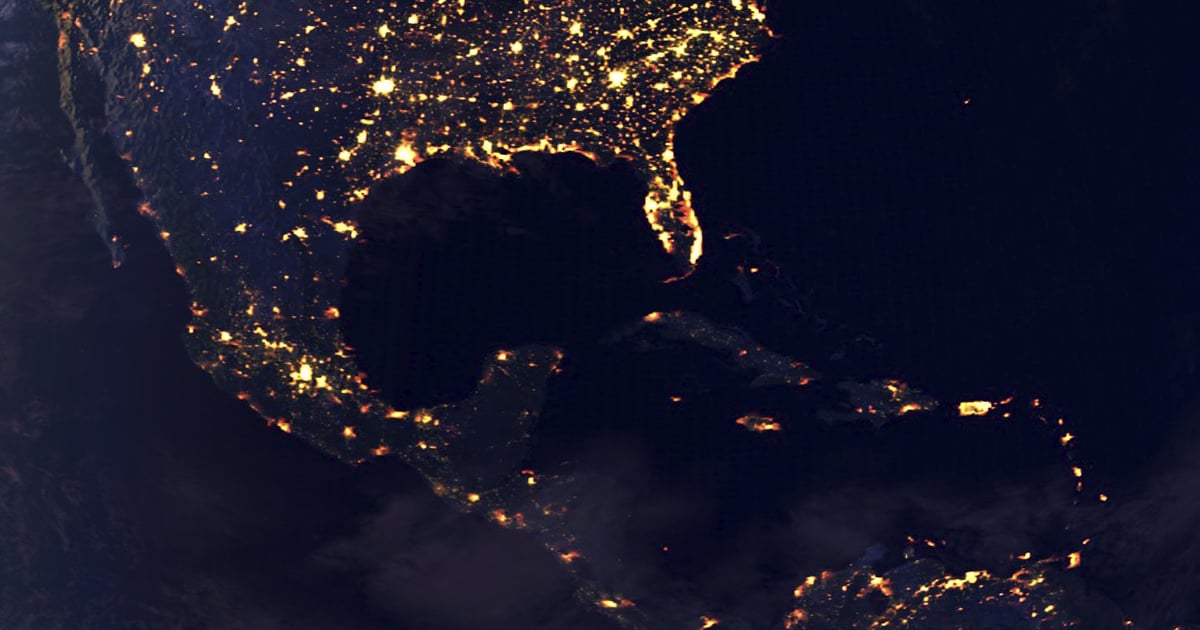The energy crisis in Cuba has deepened throughout 2024, severely impacting daily life and the national economy. Widespread power outages, in some areas lasting up to 24 hours, stem from outdated infrastructure, lack of investment, and management issues. This article explores the evolution of this crisis from July to November 2024.
Early 2024: The Crisis Emerges
As the year began, Cubans observed a rise in power outages, particularly in the eastern provinces. By March, the Antonio Guiteras Thermal Power Plant experienced breakdowns, leaving several provinces without power. The situation worsened in May and June, with some regions enduring outages for up to 12 hours daily. Despite the authorities' implementation of energy-saving measures, the generation deficit was already insufficient to meet demand.
July 2024: Escalation of the Crisis
By July, the outages had become routine. Industrial production in Santiago de Cuba suffered, while public protests erupted in Camagüey and Holguín. The Cuban Electric Union (UNE) reported a generation shortfall, leading to increased interruptions nationwide. In rural areas like Holguín, schools had to cancel classes due to the lack of electricity.
August 2024: An Unrelenting Summer
As August unfolded, the demand for electricity surged, exacerbating the crisis. The UNE announced a 1,200 MW deficit, necessitating power rationing across various provinces. Urban and rural areas alike faced service interruptions lasting up to 18 hours, impacting hospitals and food storage. Many residents turned to alternative solutions, such as using charcoal and kerosene for cooking.
September 2024: Protests Amplify
In September, power outages exceeded 20 hours daily in provinces like Santiago de Cuba and Holguín, intensifying public protests. Authorities blamed the embargo for supply shortages, but this explanation failed to appease the public. In Havana, rotating cuts were introduced to distribute the impact, while frustration mounted on social media.
October 2024: Electrical System Collapse
October saw a collapse of Cuba's electrical system. The Antonio Guiteras plant went offline again, triggering widespread blackouts across nearly the entire island. Despite efforts to restore power, many provinces remained without electricity for over 24 hours. The UNE implemented "micro-generation" systems to prioritize hospitals and essential services. Protests grew in intensity in Santiago de Cuba and Holguín, with demonstrations in rural areas.
November 2024: No Solutions in Sight
As November began, the energy crisis showed no signs of improvement. The UNE warned of a peak hour deficit reaching 1,500 MW, severely affecting central-eastern provinces. In Villa Clara, nearly all residential circuits were powerless for days. Energy Minister Vicente De La O Levy admitted the fragility of the Cuban electrical system. Lacking a clear contingency plan, the population continues to endure daily outages.
A Collapsing Electrical System
The National Electrical System (SEN) faces a structural crisis due to years of underinvestment and lack of maintenance. Major thermal plants operate with outdated equipment and endure constant breakdowns. Although the government cites the embargo as a cause, the system urgently requires modernization.
Impact on Daily Life and Tourism
Power outages not only affect the Cuban population but also international visitors. In October, several tourists were stranded in the country due to the blackouts. The crisis has also impacted crucial sectors like health and food, with refrigeration issues for medications and perishables. The lack of electricity forces many residents to seek alternative methods for basic tasks.
Official Responses and Justifications
The Cuban government, led by Miguel Díaz-Canel, has attempted to justify the outages as a consequence of external restrictions. However, these explanations have not placated the public, which demands tangible solutions. On social media, citizens express their frustration and call for government accountability.
An Uncertain Future
The energy situation in Cuba underscores the vulnerability of the electrical system and the absence of a strategy to address generation issues. Despite promises of supply stability, outages persist, and public frustration grows. The island urgently needs infrastructure investments and effective management to provide long-term solutions, yet improvement seems distant. Cubans face the uncertainty of a system in crisis, which has evolved from a mere inconvenience to a national challenge.
